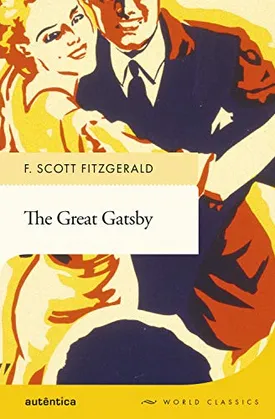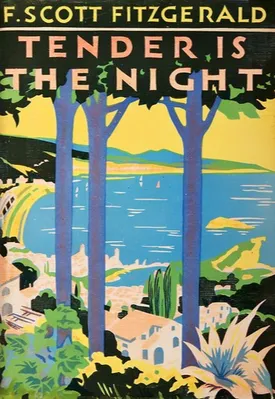Scott Fitzgerald
Scott Fitzgerald was an American novelist and short story writer best known for his classic novel, "The Great Gatsby." Born on September 24, 1896 in St. Paul, Minnesota, his full name was Francis Scott Key Fitzgerald. He was named after his distant relative, Francis Scott Key, who wrote the United States' national anthem. At the age of 13, Fitzgerald wrote his first novel, "The Romantic Egoist," but the manuscript was never published.
Fitzgerald attended Princeton University, although he failed out after three years without obtaining a degree. The experience of college gave him fodder for his writing and he incorporated what he learned into some of his stories. After leaving Princeton, he joined the army in 1917 and was posted at Camp Sheridan in Montgomery, Alabama. It was there that he met a woman named Zelda Sayre who, in 1920, he married.
Throughout his career, Fitzgerald wrote four novels. The first, "This Side of Paradise," was published in 1920. After its publication, Fitzgerald became a famous writer overnight and was called a "modern author of the lost generation." His second novel, "The Beautiful and Damned," was published in 1922 and was another literary success. He wrote his third novel, "The Great Gatsby," in 1925 and is considered his magnum opus. The novel was inspired by his time encompassing the Roaring '20s and the wealthy party culture along the East Coast. One of his last works was "Tender Is the Night," published in 1934.
Fitzgerald and his wife moved to Europe to distance themselves from their excessive lifestyle and growing financial problems in America. They had one daughter together, but both were plagued by alcoholism and suffered estrangement due to their business and financial failures. After a long battle with alcoholism, Fitzgerald died on December 21, 1940 in Hollywood, California at the age of 44.
Fitzgerald was an iconic figure in American literature and a master of the lost generation. His writing brings together a unique combination of observant detail and beautiful prose, skillfully weaving together themes of hope and despair. His books often depicted the lives and struggles of the wealthy and the socialites of his time. Intensely romantic and romanticized, Scott Fitzgerald once said, "Whenever you feel like criticizing anyone…just remember that all people in this world haven't had the advantages that you've had." His characteristically American works continue to captivate audiences today, earning him posthumous recognition and accolades.


